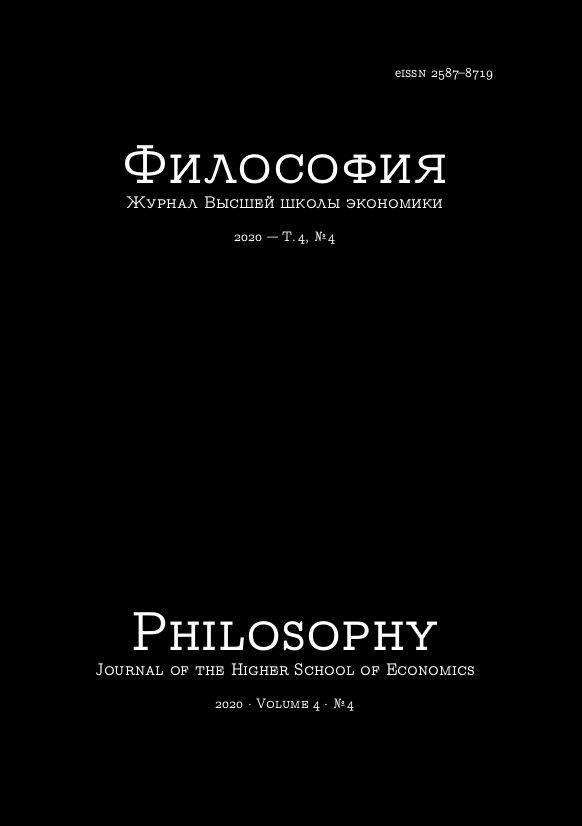American Theodicy
The Content and Origins of the Apologia of David Bentley Hart
Abstract
This paper attempts to examine an unconventional solution to the problem of theodicy proposed by the modern Orthodox theologian and philosopher David Bentley Hart. The purpose of the study is to provide insights into Hart's interpretation of the issue of theodicy. The paper discusses David Hart's counterarguments regarding the most popular current-day trends in understanding the problems of theodicy in the Western world, which, in his opinion, do not provide a response to anyone inquiring about God, but only serve as further grounds for atheistic attacks on Christianity. Particular attention is paid to the positive side of the theologian's teachings, which is a daring attempt to provide a response to atheism without resorting to the rational arguments of classical theodicies. The scientific value of this work lies in identifying the conceptual parallels of David Hart's apologetic views, which enables a conclusion to be drawn about the possible Russian footprint in the philosophy of the Orthodox American. This is of particular interest in terms of the further study of the influence of Russian religious philosophy on the establishment of modern English-speaking Christian philosophers and theologians. The study employed the historical and philosophical methods of scientific knowledge, along with the so-called philosophical hermeneutics method, which enabled the philosophy of David Hart to be analyzed as a phenomenon existing in the context of modern culture and the deep meaning of his texts and relation between the principles of his philosophical system to be revealed.
Downloads
Copyright (c) 2020 Philosophy. Journal of the Higher School of Economics

This work is licensed under a Creative Commons Attribution-NonCommercial 4.0 International License.






